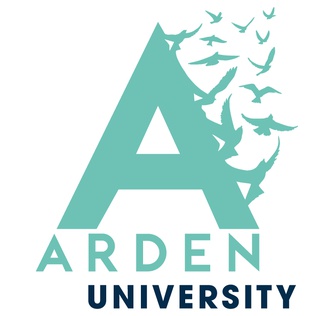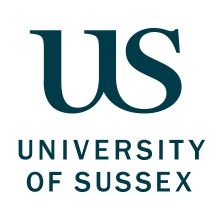January intake: Taught modules are undertaken in the period of January to June and September to January and will involve the study of 120 credits. The dissertation (or equivalent) is valued at 60 credits and is undertaken during the period of June to September.
September intake: Taught modules are undertaken in the period of September to June and will involve the study of 120 credits. The dissertation (or equivalent) is valued at 60 credits and is undertaken during the period of June to September.
Compulsory Modules:
Organisations and People: This module examines key issues arising from contemporary research in organisational behaviour (OB) and human resource management (HRM). It provides an integrated analysis of management organisations and people developing the conceptual strategic and practical skills necessary for managers in complex global organisational contexts.
Management Research: This module analyses the philosophical basis for research in the management sciences and examines a number of key methodological issues and approaches. Research designs for both quantitative and qualitative research methodologies are developed including interviews case studies focus groups surveys and experiments.
Islamic Finance: This course provides an insight into topical issues relating to Islamic financial instruments and related risk management issues. The first part of the course examines issues relating to financial contracting instruments and various intermediation issues. The second part of the course focuses on the role of the capital market in providing Islamic financing and highlights financial engineering issues and well as risk management features of this type of business.
Islamic Banking: This module provides an insight into the key features of Islamic banking business. The first part of the course outlines the theoretical foundations and development of Islamic banking practices. In particular the main characteristics of various types of Islamic banking products are discussed. The second part of the course examines the operational features of Islamic banks focusing on their performance and how they compete with conventional interest-based banks. The final part of the course outlines contemporary challenges to Islamic banking business.
International Banking: This module examines the origins of international banking the activities of international banks the markets in which they participate and the sources of risk. You will investigate the determinants of the efficiency of international banks and evaluate the implications for banks’ strategic decision-making.
Optional Modules (choose 3):
International Strategic Management: This module analyses strategic decision-making within business. You will develop a critical understanding of the strategic processes of business management the interconnections with the functional domains of marketing human resource management and corporate finance and the management of knowledge systems.
Islamic Accounting and Financial Reporting: This module develops a critical awareness of theoretical and practical approaches to Islamic accounting and financial reporting. Islamic accounting standards are compared with IFRS and the content and impact of academic research in this area is examined.
Banking and Development: This module critically evaluates the theory underlying the policy of financial liberalisation and examines its implementation primarily in developing countries. The impact of financial liberalisation on the financial systems of developing countries is analysed in depth.
Islamic Insurance: This module analyses the nature and principles of Islamic insurance and examines the operational modes and practice of Islamic insurance. The structure of Islamic insurance markets is described and constraints and opportunities for Islamic insurance and Islamic insurance accounting are highlighted.
Merger and Acquisition: This module provides an analysis of incentives and outcomes associated with merger and acquisition deals. It covers the development and execution of an acquisition strategy the valuation of the target the conduct of the negotiation and the implementation of the post-merger integration plan.
Modules for the current academic year
Module listings are for guide purposes only and are subject to change. Find out what our students are currently studying on the Islamic Banking and Finance Modules page.
Course content is for guidance purposes only and may be subject to change.
Show less









